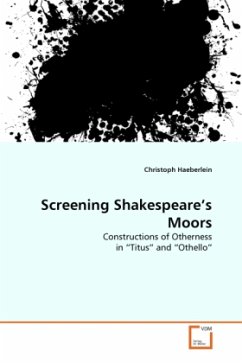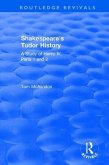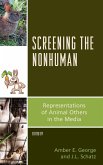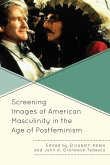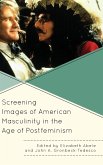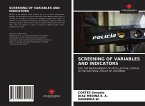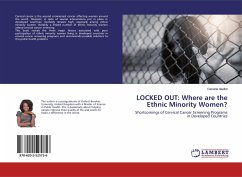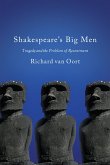Race, among many definitions of this term, is most notably a social concept which consists of stereotypes of whiteness as much as it does of blackness. Even if manifest racism is currently a taboo in the social framework of the so-called Western World and its agenda of political correctness, notions of race seem to be historically and culturally shaped. As this paper will show, many myths about race, gender and sexuality are historically deeply rooted and continue to live on today. Analyzing William Shakespeare's dramas Titus Andronicus and Othello, it will be discussed how Shakespeare dealt with constructions of otherness in his plays. The acquired results will be used to analyze three film versions of both dramas, Julie Taymor's Titus, Oliver Parker's Othello and Tim Blake Nelson's O . It will be crucial to see how these three directors deal with the unavoidable notions of race and otherness in their film adaptations of Shakespeare's complex plays. As this paper will show, the question of racial stereotypes was indeed inevitable for the directors when they started the productions of their films.
Bitte wählen Sie Ihr Anliegen aus.
Rechnungen
Retourenschein anfordern
Bestellstatus
Storno

